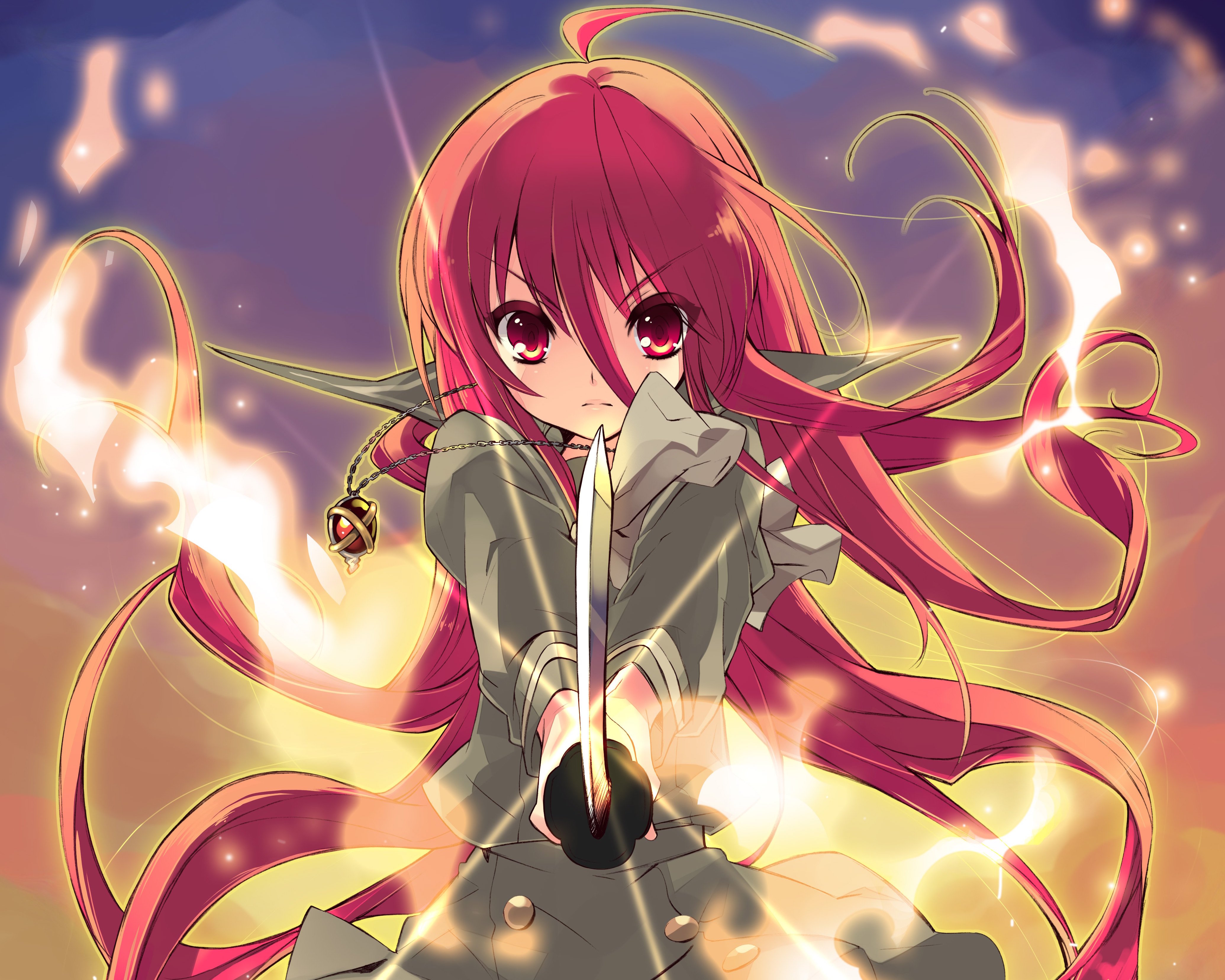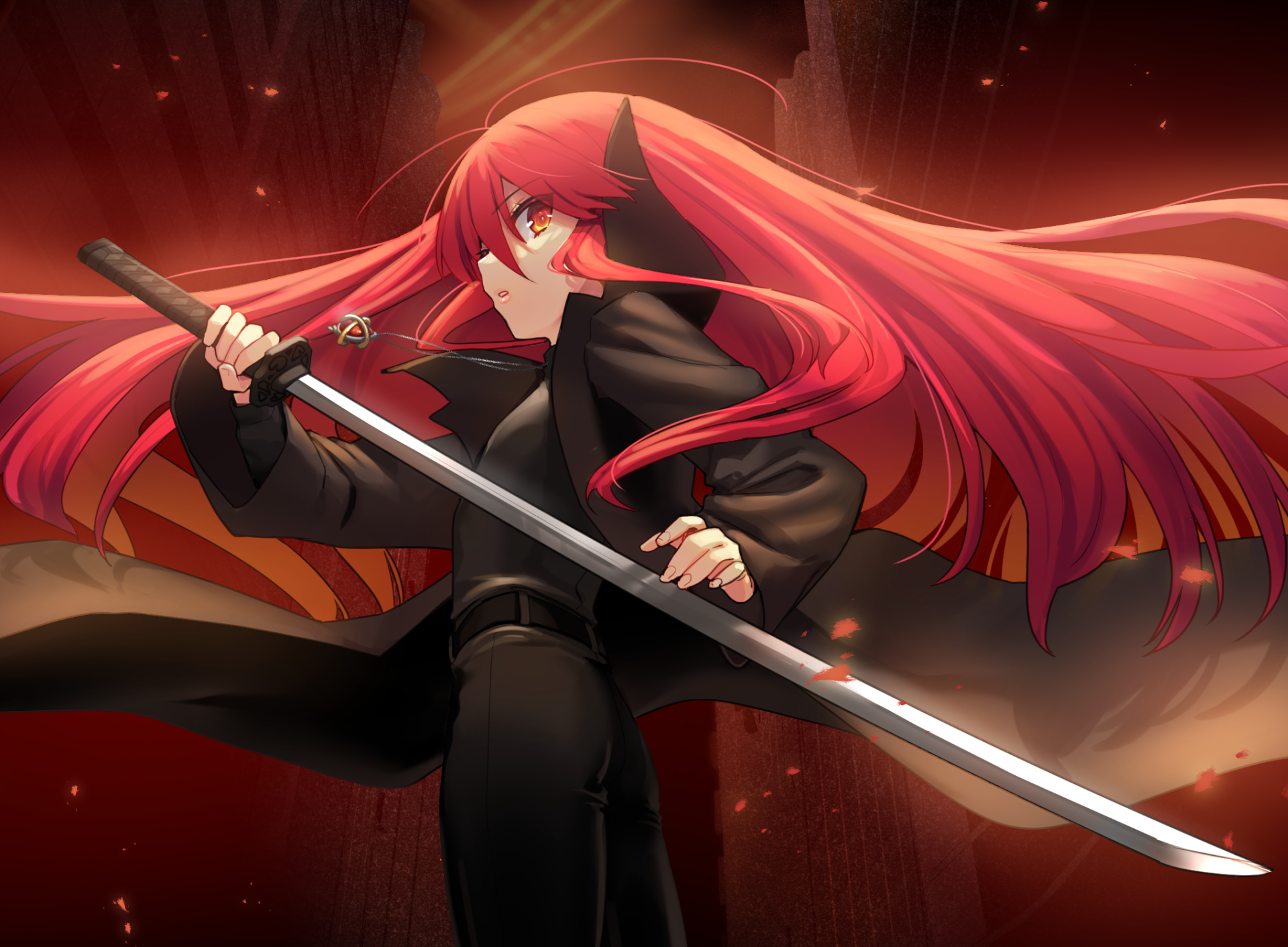Is It Shana Tova Or Tovah In Hebrew? Unraveling The New Year Greeting
As the Jewish New Year, Rosh Hashanah, draws near, many people find themselves wondering about the correct way to wish someone well. It's a common question, you know, whether to say 'Shana Tova' or 'Shana Tovah' in Hebrew. This little bit of a puzzle can feel a bit tricky for those who are new to the language or even for folks who have heard it both ways for years. So, we are going to look into this.
This difference, it actually holds some interesting points about the Hebrew language itself. It's not just about a single letter; it touches on how words change based on what they are describing. We are going to look into what makes these phrases tick, and how they are used, so it's pretty neat, in a way.
For those who want to greet friends or family properly, or just understand a bit more about this special time, getting this right can feel pretty important. So, let's clear up any confusion and explore the meanings behind these heartfelt wishes for a good year. It's really about showing respect and understanding, you know?
Table of Contents
- The Heart of the Matter: Tova or Tovah?
- The Full Greeting: Shana Tova U'Metukah
- Why the Confusion? Modern Usage and Regional Differences
- More Than Just Words: The Spirit of Rosh Hashanah
- Frequently Asked Questions (FAQs)
The Heart of the Matter: Tova or Tovah?
So, let's get right to it, you know, the core of the question. When wishing someone a good year in Hebrew, the most widely accepted and grammatically sound form is "Shana Tova." This phrase translates directly to "Good Year." It's pretty straightforward, really, when you look at the rules of the language.
The confusion often comes from how Hebrew words sound and how they are sometimes written in English letters. The 'h' at the end of 'Tovah' is what causes a lot of the head-scratching. We will look at why 'Tova' is the usual way and where 'Tovah' might pop up, too it's almost like a little language lesson, in a way.
Understanding Hebrew Grammar: Gender Matters
Hebrew, like many other languages, has grammatical gender for its nouns. This means that words are either masculine or feminine. Adjectives, which are words that describe nouns, must match the gender of the noun they are describing. This is a pretty fundamental rule, actually, and it helps make sense of why 'Tova' is the way it is.
For example, a "good boy" would use the masculine form of "good," which is "tov." But a "good girl" would use the feminine form, which is "tova." It's just how the language works, you know, a sort of built-in system. This gender agreement is key to saying things correctly.
The Word 'Shana' and Its Feminine Nature
The Hebrew word for "year" is "Shana" (שנה). This word is feminine in Hebrew. Because "Shana" is a feminine noun, any adjective used to describe it must also be in its feminine form. This is why the form of "good" that pairs with "Shana" needs to be feminine, too it's a very clear connection.
Knowing this helps clear up a lot of the mystery, you know? It's not arbitrary; there's a linguistic reason behind it. So, when you think about wishing someone a "good year," you're actually thinking about a feminine "good" for a feminine "year."
Why 'Tova' is the Grammatically Correct Choice
Given that "Shana" is feminine, the correct feminine form of the adjective "good" (טוב) is "Tova" (טובה). This form ends with the Hebrew letter 'Heh' (ה), which often indicates a feminine ending. When transliterated into English, this 'Heh' is usually represented without an 'h' at the end, particularly when it's the final sound of a word. So, it's 'Tova', plain and simple.
So, the phrase "Shana Tova" (שנה טובה) directly translates to "Good Year," with the adjective "Tova" correctly matching the feminine noun "Shana." This is the standard, grammatically sound way to say it, and it's what you will hear most often from native speakers and in formal settings. It's the proper fit, you know?
The Full Greeting: Shana Tova U'Metukah
While "Shana Tova" is a complete and perfectly acceptable greeting, you might also hear a longer, more elaborate version, especially around the New Year. This fuller wish adds an extra layer of warmth and hope for the coming twelve months. It's like saying "Good Year, and a Sweet One too."
The extended greeting is "Shana Tova U'Metukah" (שנה טובה ומתוקה). This phrase wishes someone not only a good year but also a sweet one. It's a very popular and heartfelt way to express good wishes during Rosh Hashanah, you know, adding a bit more flavor to the greeting.
Breaking Down 'U'Metukah'
Let's look at "U'Metukah." The 'U' (ו) at the beginning means "and." So, it connects the "good" part with the "sweet" part. The word "Metukah" (מתוקה) is the feminine form of "sweet." Just like "Tova," "Metukah" also matches the feminine noun "Shana" (year).
So, "Shana Tova U'Metukah" literally means "A Good Year and a Sweet One." This longer greeting is very common, especially among families and friends, as it adds a touch of extra blessing and hope for a delightful year ahead. It's a nice way to say it, pretty much.
Pronunciation Tips for a Clear Wish
Saying "Shana Tova" correctly is not too hard, you know, but a few tips can help. The 'Sh' sound in 'Shana' is like the 'sh' in "shoe." The 'a' sounds are generally like the 'a' in "father." For 'Tova,' the 'o' is like the 'o' in "go," and the 'va' is like "vah" but without a strong 'h' sound at the end. It's more of a soft ending.
When you say "Tovah" with a strong 'h' at the end, it can sound a bit off to a native speaker, as if you're adding an extra letter that isn't really there in the standard pronunciation. So, focusing on a clear 'va' sound for 'Tova' is usually best. Practice makes it easier, of course.
Why the Confusion? Modern Usage and Regional Differences
If "Shana Tova" is the grammatically correct and standard form, then why do people sometimes hear or even say "Shana Tovah"? This is a very common question, and it has a few reasons behind it, you know, involving how language changes and how it's used every day. It's pretty interesting, actually.
One reason is simply how Hebrew sounds to non-native speakers, and how words are written when they are moved from Hebrew letters to English ones. Sometimes, that final 'Heh' (ה) in Hebrew, which makes the 'a' sound at the end of 'Tova,' gets transliterated with an 'h' to represent it, even if it's not strongly pronounced. This can lead to the 'Tovah' spelling.
Colloquial Hebrew and Common Speech
In everyday, spoken Hebrew, especially among certain communities or in informal settings, the distinction between the feminine ending and a word that might genuinely end with an 'h' sound can sometimes blur. People might, in casual speech, add a slight breathy sound that sounds like an 'h' at the end of 'Tova,' making it sound a bit like 'Tovah.' This is not strictly correct, but it happens.
This informal usage can then lead to the 'Tovah' spelling becoming somewhat common in certain places or among certain groups, especially outside of Israel or in communities where Hebrew might not be the primary spoken language. It's a bit like how slang or regional accents change words, you know, over time. So, it's not entirely unheard of.
The Influence of Pronunciation on Spelling
The way people pronounce words can definitely influence how they are spelled, especially when moving between different alphabets. If someone hears a slight 'h' sound at the end of 'Tova,' they might naturally add an 'h' when writing it in English letters. This is a common thing, you know, with transliteration challenges.
However, for accuracy and to follow standard Hebrew grammar, "Shana Tova" is the preferred and correct form. It shows a good grasp of the language and respects its structure. It's like saying "Good Year" in the most precise way possible, really. Learn more about Jewish holidays on our site, and link to this page about Hebrew basics for more on this.
More Than Just Words: The Spirit of Rosh Hashanah
Beyond the grammatical debate, the core message of "Shana Tova" is what truly matters. Rosh Hashanah is a time for reflection, renewal, and hope for the future. Wishing someone "Shana Tova" is an expression of deep good wishes, a hope for prosperity, health, and happiness in the coming year. It's a very meaningful greeting, you know, during this special season.
This period, which usually happens in the early fall, is a time for families and communities to come together. The greeting itself helps build that sense of togetherness and shared hope. It's a simple phrase, but it carries a lot of weight, you know, of tradition and good feelings.
Wishing Well: A Timeless Tradition
The act of wishing someone a "Good Year" is a timeless tradition that goes back centuries. It's a way to acknowledge the turning of the calendar and to express optimism for what lies ahead. This practice connects generations and reinforces the bonds within the community. It's a pretty fundamental part of the holiday, in a way.
Whether you say "Shana Tova" or even hear "Shana Tovah," the spirit of the wish remains the same. It's about goodwill and looking forward to positive experiences. The words carry a lot of positive energy, you know, during this time of new beginnings. For more on Rosh Hashanah traditions, you might find information on sites like My Jewish Learning helpful.
Connecting with Community
Using the correct greeting, or at least understanding its meaning, helps you connect more deeply with the Jewish community during Rosh Hashanah. It shows respect for the culture and the traditions that are so important to many people. It's a simple gesture that can mean a lot, you know, to those who celebrate.
So, as the season of Rosh Hashanah approaches this year, feel confident in using "Shana Tova." It is the most accurate and widely accepted way to convey your heartfelt wishes for a wonderful and sweet new year. It's a beautiful way to share in the joy of the holiday, pretty much.
Frequently Asked Questions (FAQs)
People often have a few questions about this common greeting. Here are some of the most asked ones, you know, to help clear things up even more.
What is the difference between Shana Tova and Shana Tovah?
The difference is mainly in spelling and strict grammatical correctness. "Shana Tova" is the grammatically correct form in Hebrew, where "Tova" is the feminine adjective for "good" matching the feminine noun "Shana" (year). "Tovah" with an 'h' at the end is a less common transliteration that might arise from a slight breathy pronunciation in casual speech, but it's not the standard or preferred spelling.
How do you respond to Shana Tova?
When someone wishes you "Shana Tova," a common and polite response is "Shana Tova Gam Lecha" (if speaking to a man) or "Shana Tova Gam Lach" (if speaking to a woman). This means "A good year to you too." You can also simply say "Shana Tova" back, or "Toda Raba" (thank you very much), you know, it's pretty flexible.
What does Shana Tova mean literally?
Literally, "Shana Tova" (שנה טובה) means "Good Year." "Shana" (שנה) translates to "year," and "Tova" (טובה) is the feminine form of the adjective "good." It's a straightforward wish for a positive and prosperous year ahead, you know, very direct.

Shana from Shakugan No Shana: 4K Ultra HD Wallpaper

Download Shana (Shakugan No Shana) Anime Shakugan No Shana HD Wallpaper

Shana - Shakugan no Shana Photo (8888910) - Fanpop